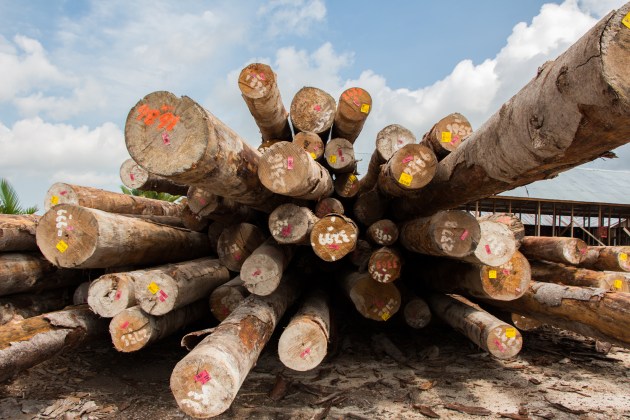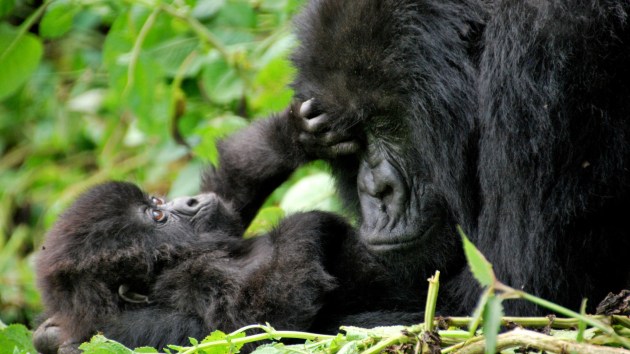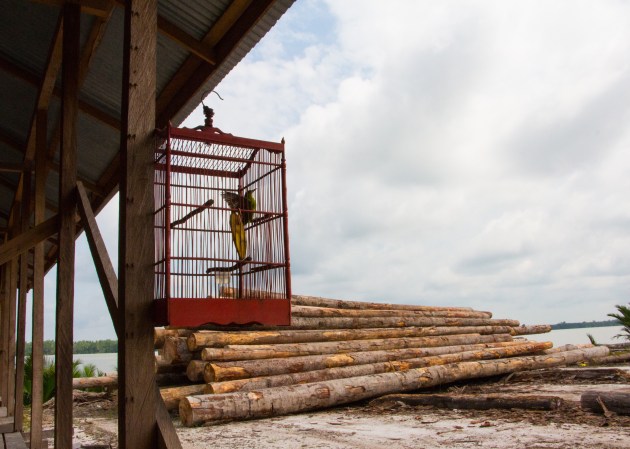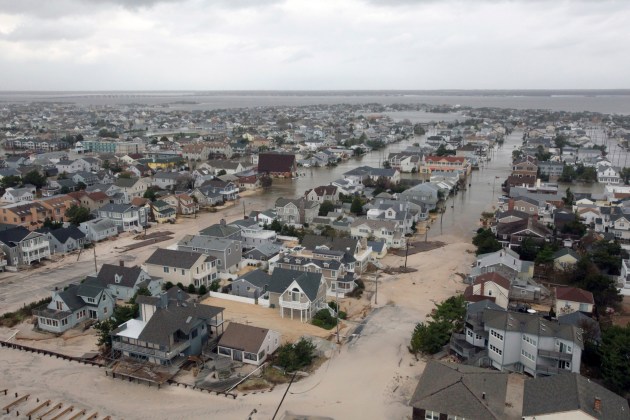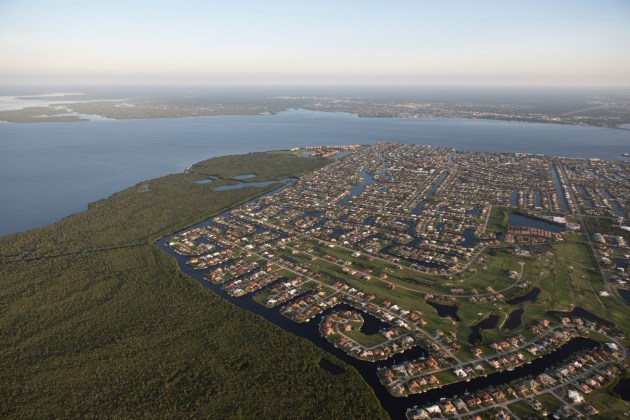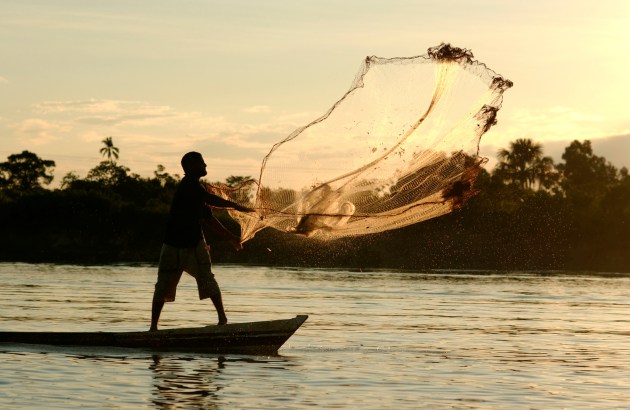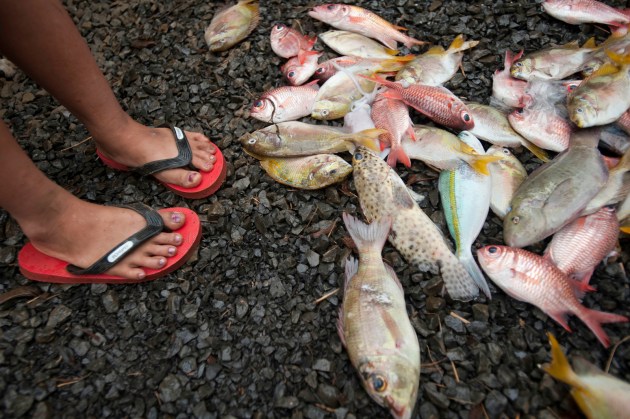Discover stories in SNAPP
Where Logging Reigns, Going Beyond Sharing vs Sparing
Conservancy scientists and their partners are teasing apart the complexities of the land sharing or sparing question in Berau, Indonesia.
Rwanda Looks to National Parks as Part of a Peaceful, Hopeful Future
On the Rwandan Genocide Memorial Day, a look at how national parks could be a part of the country’s vision for a peaceful, prosperous future.
Modeling Logging’s Impacts on Biodiversity & Carbon in a Hypothetical Forest
New research from Nature Conservancy scientists indicates that low-intensity selective logging offers both the best and worst conservation outcomes while maintaining wood production, depending on both land tenure security and the use of certified reduced-impact logging methods.
How Much Do Wetlands Reduce Property Damage During Hurricanes?
A Collaborative Study with the Insurance Industry Four years ago this month, Hurricane Sandy devastated much of the US Atlantic […]
The Effectiveness, Costs and Coastal Protection Benefits of Natural and Nature-Based Defenses
A global synthesis of field measurements shows that coastal habitats – particularly coral reefs and mangroves, can be physically and economically effective at protecting coastlines.
SNAPP: Incorporating New Types of Knowledge for Conservation Solutions
Different ways of knowing often make working across disciplines hard to do, but a little emotional intelligence can go a long way.
The Path to Sustainable Fisheries is Paved with Data
The SNAPP Data-Limited Fisheries Working Group is field testing a user friendly application that puts management and science-based sustainability within the reach of small-scale and data-limited fisheries.
